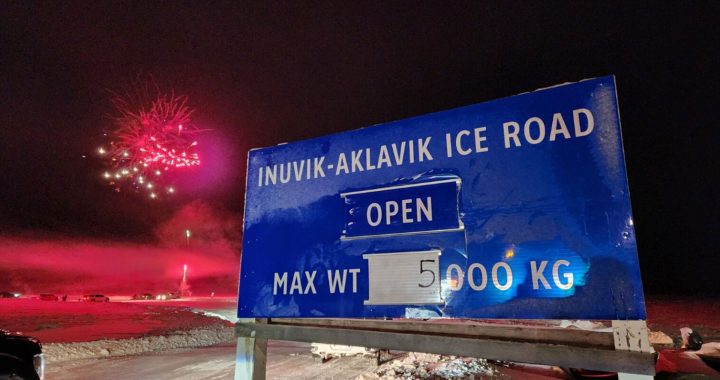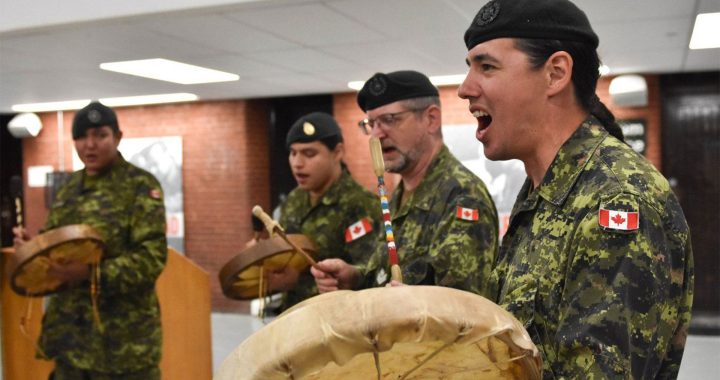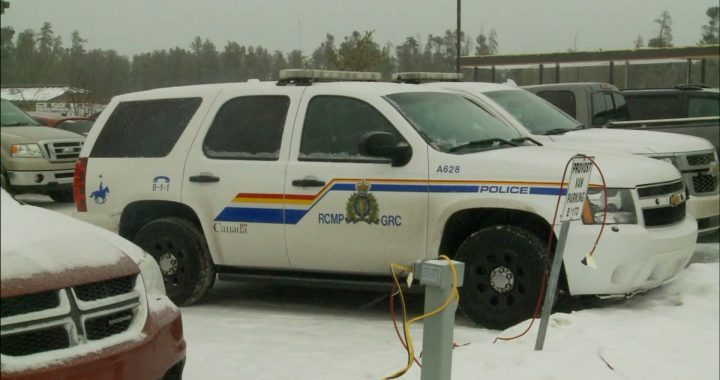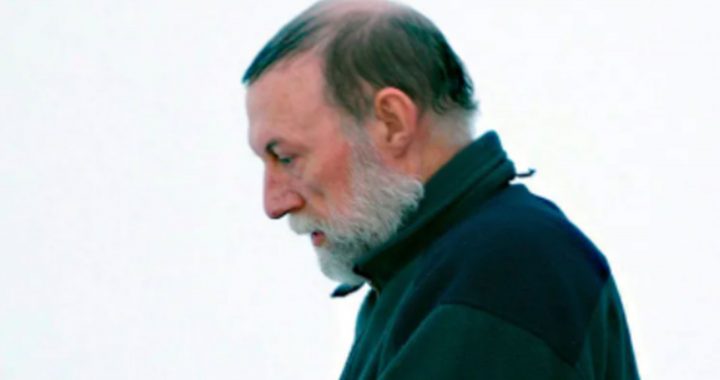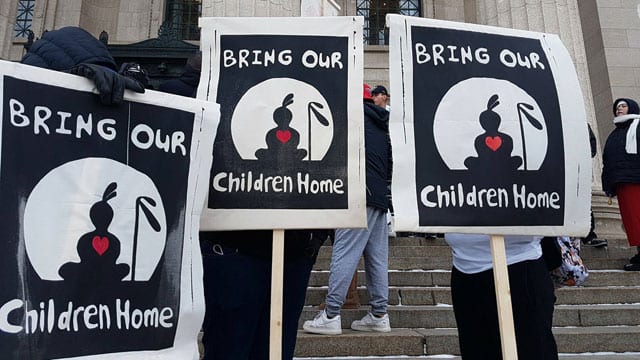
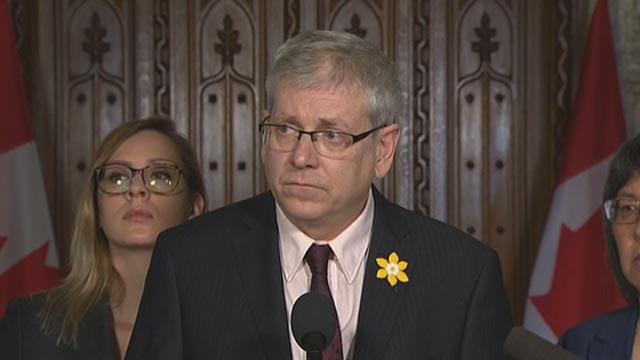
When it comes to compensating First Nations children recklessly taken from their homes and put in a willfully underfunded child welfare system, the Trudeau government is playing both sides of the coin says NDP MP Charlie Angus.
On one side Prime Minister Justin Trudeau says, through lawyers, the government can’t afford to payout a compensation order by the Canadian Human Rights Tribunal, while on the flip side says he wants to provide compensation to even more children in a pending class-action lawsuit.
So Angus has formally requested Parliamentary Budget Officer Yves Giroux determine the true cost of it all.
“Parliamentarians and Canadians need to have a clear picture of why the government is refusing to comply with the historic ruling,” wrote Angus in a Dec. 16 letter to Giroux, that was obtained by APTN News.
“One of the reasons that the government is providing for refusing to meet the tribunal order is they claim they (the children) will be covered under a much broader compensation obligation under possible class action or through negotiations with former child welfare survivors.”
Angus is referring to the pending class-action filed earlier this year in Montreal, something the Trudeau government now says it won’t fight. It made that announcement the same day it sought a stay in Federal court, pending a judicial review, of the Sept. 6 order by the tribunal awarding $40,000 to every First Nations child put in a purposely underfunded child welfare system dating back to Jan. 1, 2006.
Justice department lawyers have said in court documents the tribunal order could cost between $5- to $8-billion.
Meanwhile, the pending class-action dates back to 1991, meaning the number of children would go up which is creating confusion.
“As we don’t have any sense how this would work, would you be able to cost out this as well as costing of a reference scenario involving variable, individualized compensation as the government is proposing in defiance of Parliament’s expressed will and the order of the Human Rights Tribunal,” Angus continued in his letter.
“I am asking for this because we need to move our country towards a just, reasonable solution that addresses the unacceptable, systemic discrimination faced by these young people and their families.”
The Federal Court ruled against the stay but allowed for the judicial review to continue. A date has yet to be scheduled.
Meanwhile, the tribunal reluctantly moved its Dec. 10 deadline for parties to determine how it will provide costs to survivors to Jan. 29, 2020.
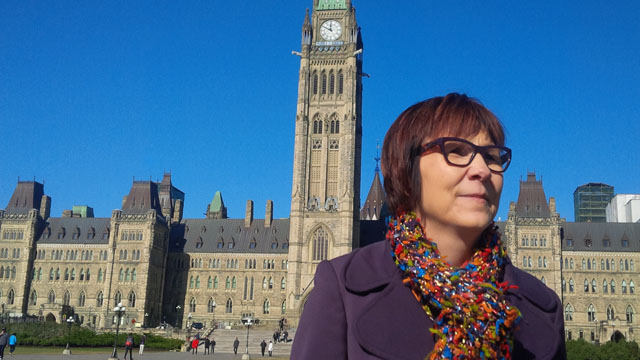
Cindy Blackstock, executive director of the First Nations Child and Family Caring Society, recently filed an affidavit suggesting the Trudeau government continues to refuse to provide someone to discuss compensation.
“With the exception of Canada, as it refused to participate in discussions, the AFN (Assembly of First Nations) and Caring Society have also engaged the Canadian Human Rights Commission and Interested Parties in discussions to inform our work on the Compensation Process,” Blackstock wrote in a Dec. 8 affidavit.
As for PBO cost out, Blackstock is for it.
“I welcome all independent expert analysis of the compensation matter. The PBO has expertise in costing out public expenditures so I look forward to reviewing their report,” she told APTN in an email Tuesday.
Blackstock and the AFN first filed their human rights complaint in February 2007 alleging Canada had been purposely underfunding on-reserve child welfare for decades. On Jan. 26, 2016, after several attempts by the former Harper government to quash the complaint, they won in a historic ruling with Trudeau only in power for a few months.
Since then the tribunal has forced the government to undergo systematic transformation, including increasing the scope and funding of Jordan’s Principle, which removes any question of jurisdiction when it comes to the healthcare of children on re-reserve. It also forced the feds in February 2018 to provide prevention-based provide funds to First Nation child welfare agencies, retroactively to January 2016.
However, an APTN investigation found in September that 48 children connected to on-reserve child welfare agencies died in Ontario alone in the two years it took the Trudeau government to provide those funds.
Now Blackstock is seeking, through the tribunal, capital money for the agencies and applying Jordan’s Principle funding to off-reserve children.




